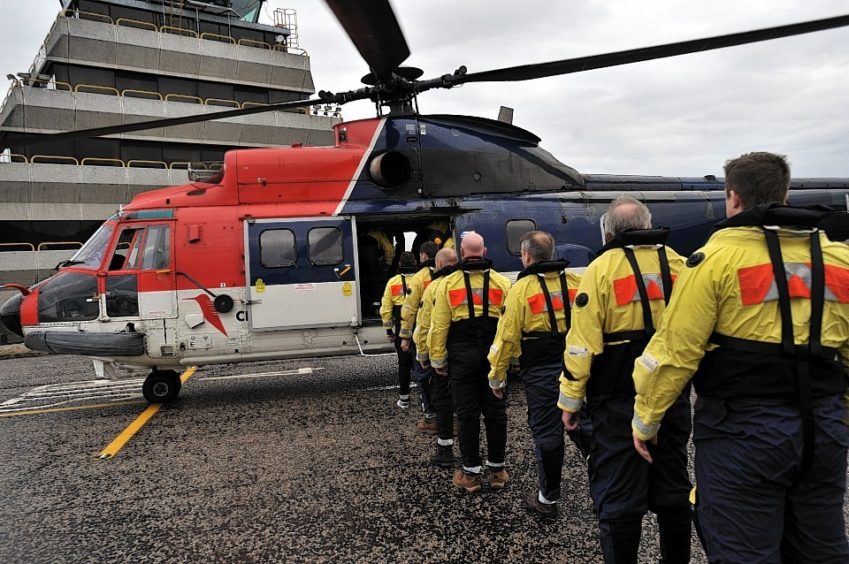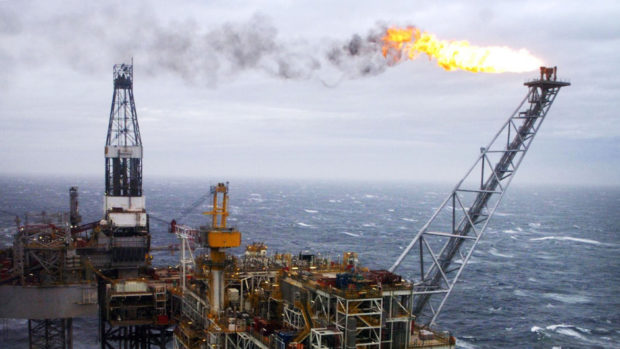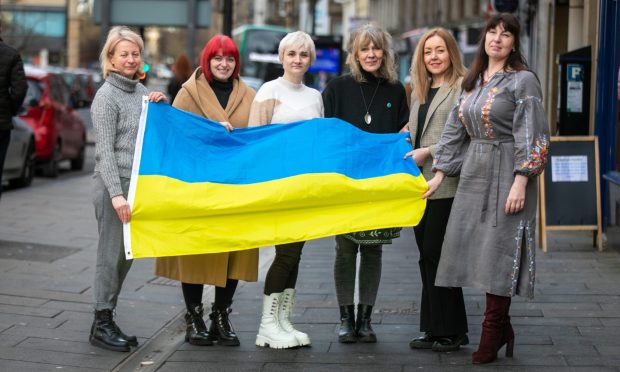North-east oil and gas workers have hit out at “ridiculous” Covid-19 quarantine rules that have made a section of the industry “second-class citizens”.
Angry offshore workers who work in the Norwegian sector have revealed how they, unlike their colleagues working on UK rigs, do not qualify for quarantine exemption and upon returning to shore are required to self-isolate for 14 days on penalty of a fine.
The current UK Government guidance stipulates that only “workers required for the continued safe and secure operation, maintenance and essential support services for offshore oil and gas infrastructure in the UK” are exempt.
One Aberdeen rig worker, who wished to remain anonymous, told us the guidance urgently needed to be amended to include all oil and gas workers – regardless of the location of their rig.
He said: “They haven’t thought this through at all, the regulations as they stand just forget about a large section of the industry. We’re being treated like second-class citizens.
“It’s ridiculous; at the moment someone can fly in from Thailand, and there’s a few, and go to work on a UK rig work without quarantine.
“Meanwhile, us lot working in the Norwegian, Danish and Dutch sectors have to come home and go into quarantine.”

Gas from Norwegian rigs accounted for around 72% of UK imports in 2018.
Another north-east offshore worker told us: “There’s a lot of Brits who work not just in the Norwegian sector, but Denmark and Holland as well, we’re all over the North Sea.
“I can actually see some of the UK rigs from my rig on a nice day, we’re not far apart at all, but the problem is, our choppers fly back to Norway and then have we take a flight back to Aberdeen.
“We thought we would be exempt, but when you read the guidelines it states oil and gas workers for the UK sector.
“We’ve all been phoning round, emailing MPs, all of us, we’re having all different responses.”
He added: “The guidelines are such a mess, it’s just totally ignored the fact that a lot of the guys who are meant to be key workers are working in different sectors.”
The offshore workers told us that the rules “could cost jobs” if not changed and pointed to the fact that some were on shift patterns that would require them to return to Norway before the UK quarantine was up.
“One guy is due back in Norway 10 days after landing in the UK, what does he do? Breach the rules or lose his job?”, a worker told us.
Aberdeen South MP Stephen Flynn told us several constituents had contacted him about this very issue. “It’ll be clear to most observers that the UK Government needs to show flexibility to the oil and gas workforce and not force them into an impossible situation that could cost jobs,” he said.
Industry body Oil and Gas UK (OGUK) said the rules had created “confusion” in the sector.
Trevor Stapleton, OGUK’s health and safety director, said: “We are not in a position to comment on how the UK Border Force are interpreting the new regulations.
“However, we appreciate this has created some confusion within the workforce in what are already difficult times, and we continue to work with all stakeholders to ensure that any particular issues are addressed.”
When contacted about the concerns, the Home Office referred us to a 10-day-old Priti Patel speech that made no reference to the oil and gas sector.
At the time of publication, the Scottish Government had not responded to requests for comment.







